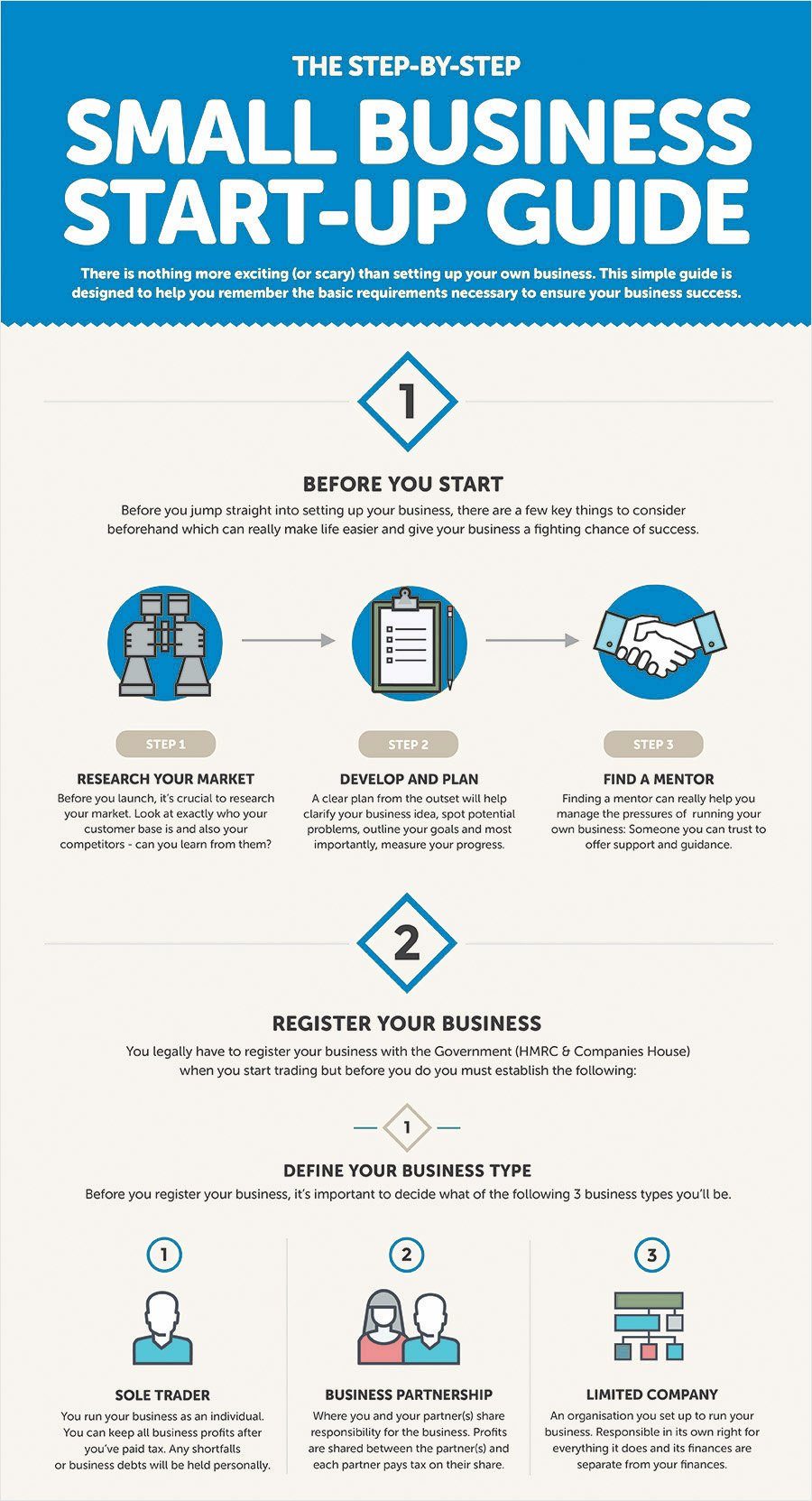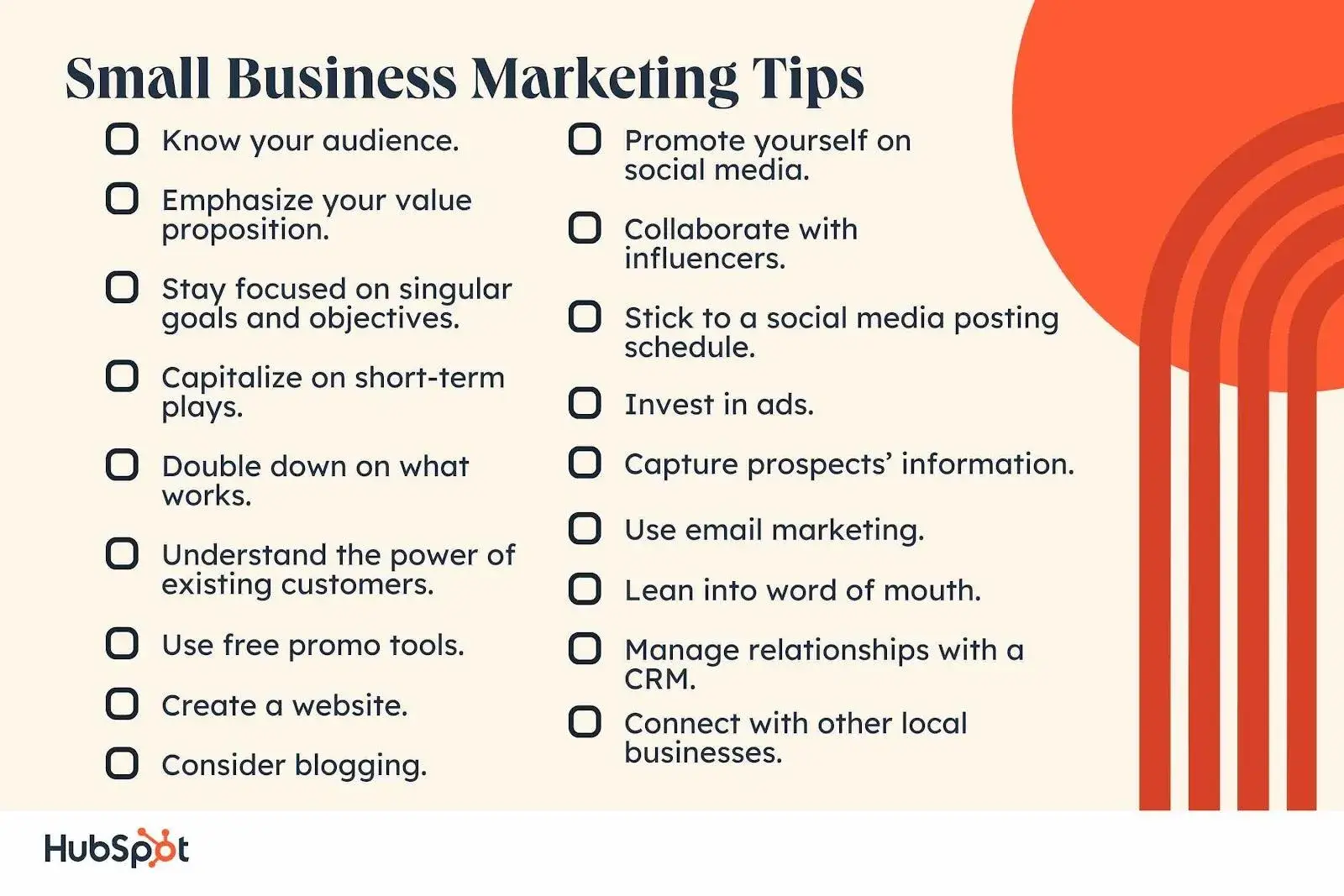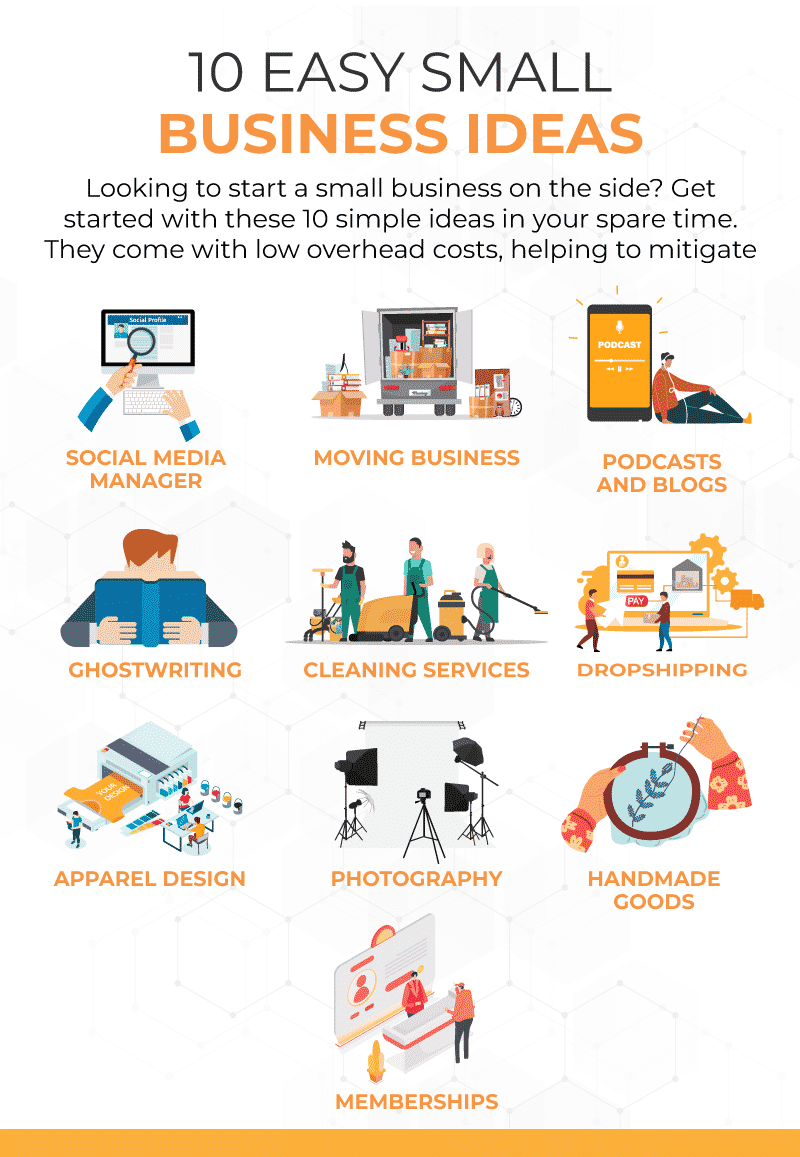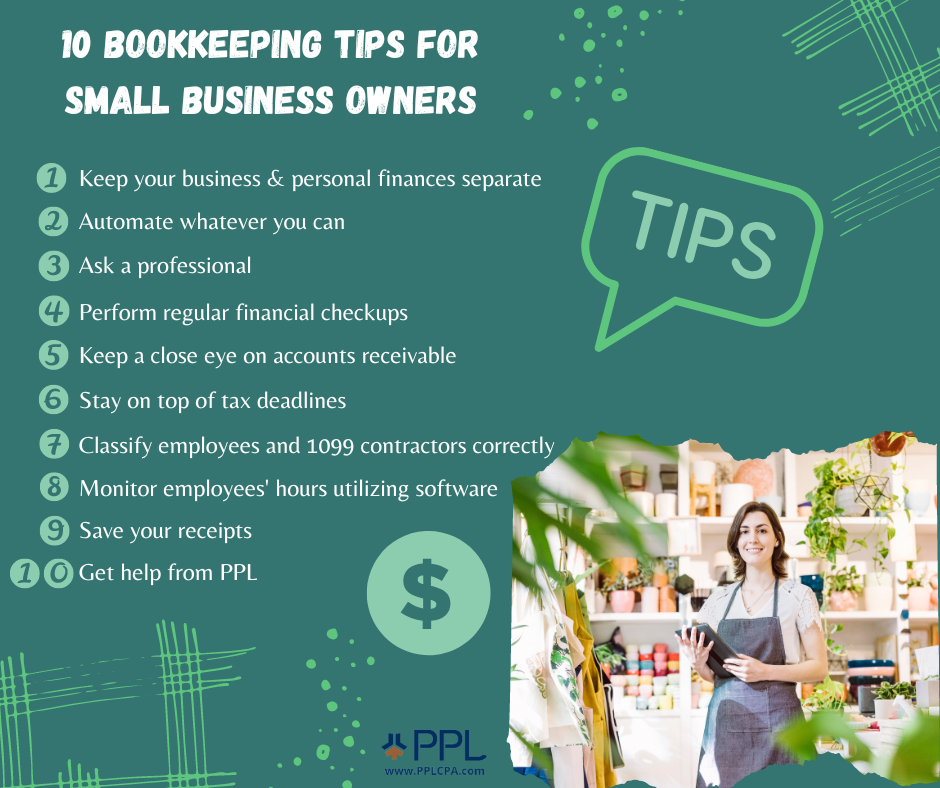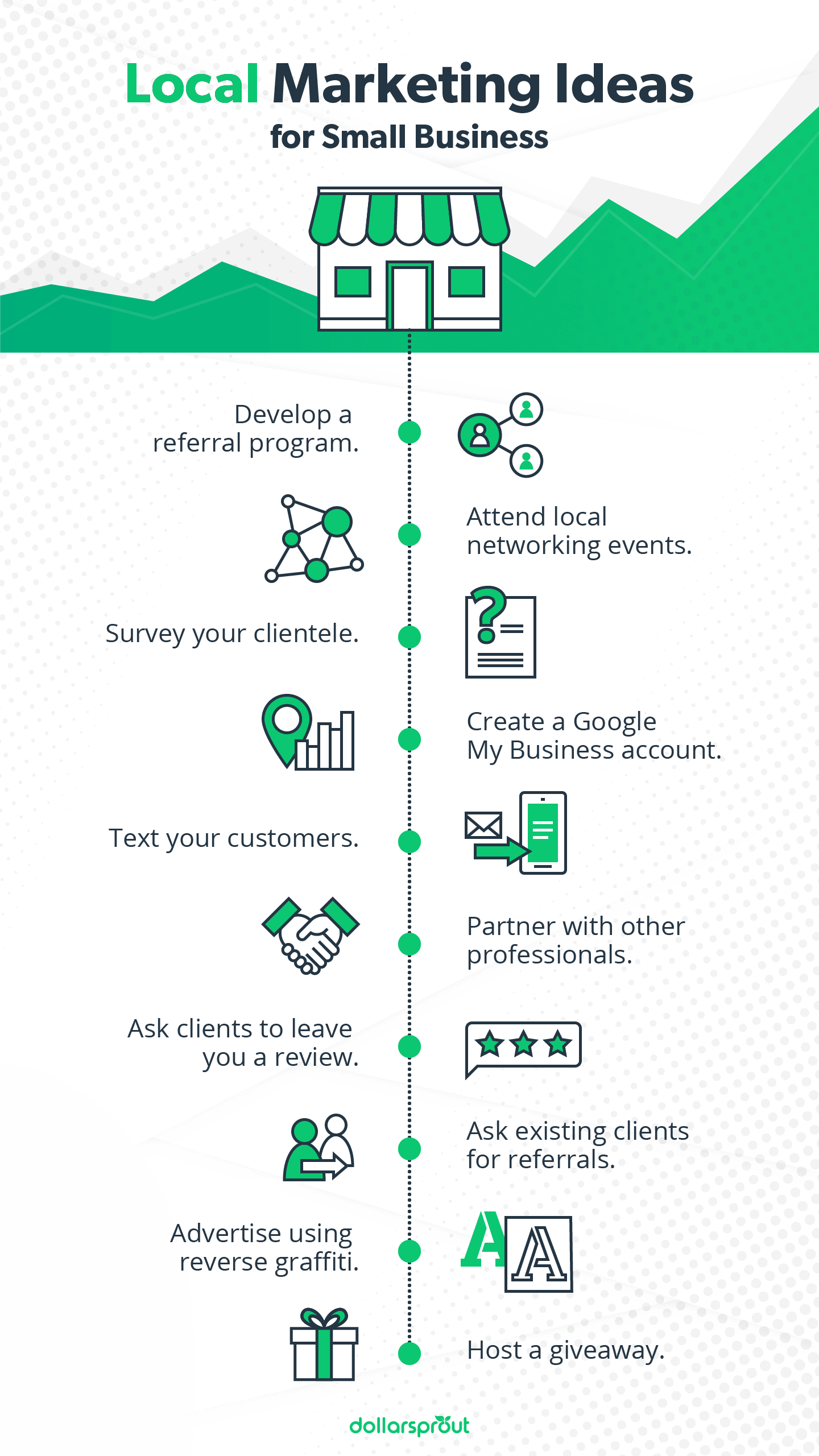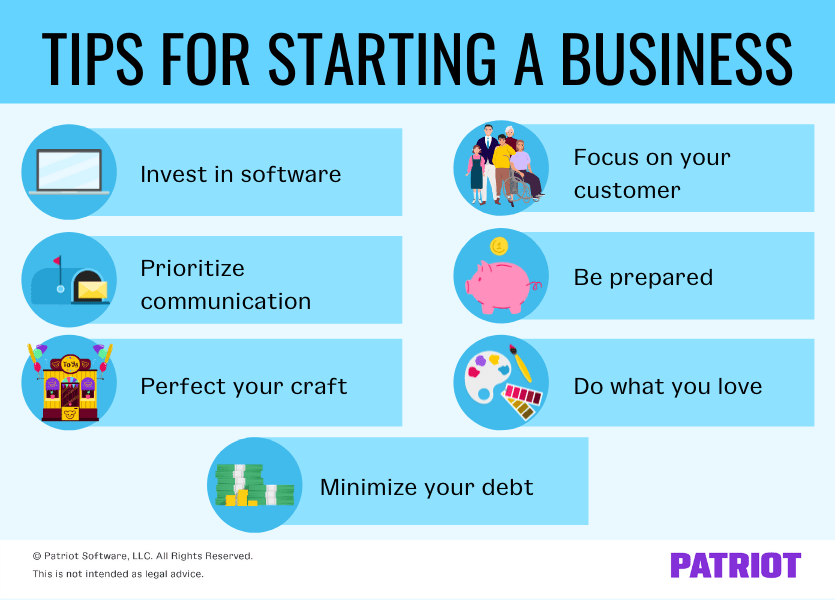Where To Get Small Business Advice

Small business owners, struggling to navigate today's turbulent economy, need immediate, reliable advice more than ever. Accessing the right resources can be the difference between survival and failure.
This article provides a concise guide to the most effective avenues for securing expert guidance and support, cutting through the noise to deliver actionable solutions for your business.
Free & Low-Cost Resources
Small Business Administration (SBA): The SBA offers a wealth of free resources, including counseling, training, and access to capital. Their website, SBA.gov, is a crucial starting point.
SCORE: SCORE is a network of experienced business mentors who provide free one-on-one counseling. Their website, SCORE.org, allows you to find a mentor in your area. In 2023, SCORE volunteers provided nearly 4.7 million hours of service to over 330,000 clients.
Small Business Development Centers (SBDCs): SBDCs offer localized assistance, providing counseling, training, and market research. Find your local SBDC through the Association of Small Business Development Centers (ASBDC) website.
Industry-Specific Associations
Trade Associations: Many industries have trade associations that offer specialized advice and resources. Research the associations relevant to your sector for targeted support.
Professional Organizations: Organizations like the American Marketing Association (AMA) or the American Institute of Certified Public Accountants (AICPA) provide valuable resources and networking opportunities for their members.
Chambers of Commerce: Your local Chamber of Commerce offers networking events, workshops, and resources tailored to your community's business needs. Check your local chamber's website for upcoming events.
Online Platforms & Communities
Online Forums: Platforms like Reddit's r/smallbusiness can offer valuable peer-to-peer advice. Be cautious and verify information from these sources with experts.
LinkedIn Groups: Numerous LinkedIn groups are dedicated to small business topics. Join relevant groups to network and learn from other professionals.
Online Courses: Platforms like Coursera and Udemy offer affordable courses on various aspects of business management. These courses can help you gain new skills and knowledge.
Paid Consulting Services
Business Consultants: Hiring a business consultant can provide personalized guidance and strategic planning. Carefully research consultants and check their references.
Financial Advisors: Seek advice from qualified financial advisors for managing your finances and securing funding. Look for advisors with experience working with small businesses.
Legal Counsel: Ensure you have access to legal counsel for contracts, compliance, and other legal matters. The American Bar Association can help you find a qualified attorney.
Key Considerations
Define Your Needs: Before seeking advice, clearly identify your specific challenges and goals. This will help you find the most relevant resources.
Vet Your Sources: Always verify the credentials and experience of anyone providing business advice. Don't rely solely on anecdotal evidence.
Take Action: Advice is only valuable if you implement it. Develop a plan and take consistent action to improve your business.
The clock is ticking. Your next step is to identify your immediate needs and explore the resources outlined above. Don't wait – proactive action is key to navigating the challenges and opportunities ahead.

